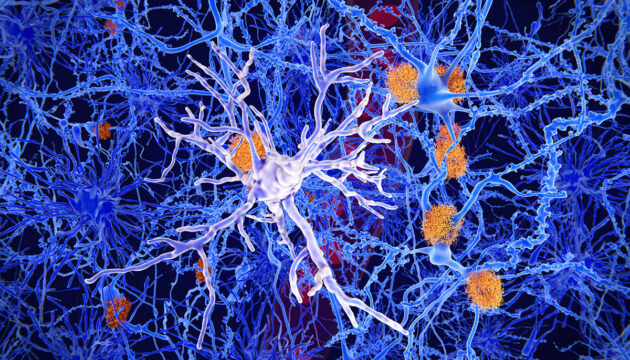Alzheimer's Disease and Dementia
Our work in Alzheimer's Disease and Dementia
-
Does Medicare Advantage Deliver Better Care for Persons Living with Dementia than Traditional Medicare?
With data available from CMS on all Medicare beneficiaries enrolled in private plans and traditional Medicare, researchers at the USC Schaeffer Center are driving new research on how payment structures impact the care of persons living with dementia.
Categorized in -
Cognitive Function, Activity Meaningfulness, and Social Engagement Among Older Adults With Dementia
The research highlights the importance of sustaining both cognitive function and motivational factors to promote social engagement among older adults with dementia.
Categorized in -
The Burden of Cognitive Impairment
Using microsimulation, researchers estimated the burden of cognitive impairment (ADRD and/or MCI) over remaining life years above 50 overall and by disease progression, age of onset, and sociodemographic subgroups for a nationally representative sample of Americans (age≥50) with cognitive status information in the Health and Retirement Study (2000-2016).
Categorized in -
Can a Free Virtual Outreach Series Increase Alzheimer’s Disease Awareness?
Lack of awareness remains one of the biggest barriers to participation in Alzheimer’s disease clinical trials, especially among underrepresented groups. New ways to connect with communities and to expand access to clinical trials include a virtual Alzheimer’s disease informational series, which reveals important insights about how people engage with virtual content differently than at in-person events.
Categorized in -
Trends in Incident Dementia Diagnosis Before and After Medicare Risk Adjustment
The research assessed annual trends in incident ADRD diagnosis for all beneficiaries in MA and compared them with trends in traditional Medicare (TM) from 2016 through 2020.
Categorized in -
USC Receives Award to Improve Diversity and Efficiency of Alzheimer’s Clinical Trials
USC’s Clinical Trial Recruitment Lab pilots and evaluates innovative ideas to boost Alzheimer’s awareness and recruit more people of diverse backgrounds to clinical trials.
Categorized in -
The Impact of State Dementia Training Requirements for Nursing Homes on Antipsychotic Medication Use
Research found that training requirements were associated with a 0.59–percentage point reduction in antipsychotics use.
-
Third Annual Science of Alzheimer’s Disease and Alzheimer’s Disease Related Dementias (AD/ADRD) for Social Scientists Program
The Science of AD/ADRD for Social Scientists Program is a unique two-day series of lectures featuring nationally recognized interdisciplinary experts in the ADRD field.
Categorized in -
Challenges of Measuring and Assessing Cognitive Health in Diverse Populations
Challenges of Measuring and Assessing Cognitive Health in Diverse Populations
-
Eligibility Rates among Racially and Ethnically Diverse US Participants in Phase 2 and Phase 3 Placebo-Controlled, Double-Blind, Randomized Trials of Lecanemab and Elenbecestat in Early Alzheimer Disease
Differential eligibility may contribute to underrepresentation of some minoritized racial and ethnic groups in early AD trials. Amyloid biomarker eligibility is a requirement to confirm the diagnosis of AD and for treatment with amyloid-lowering drugs and differed among racial and ethnic groups.









